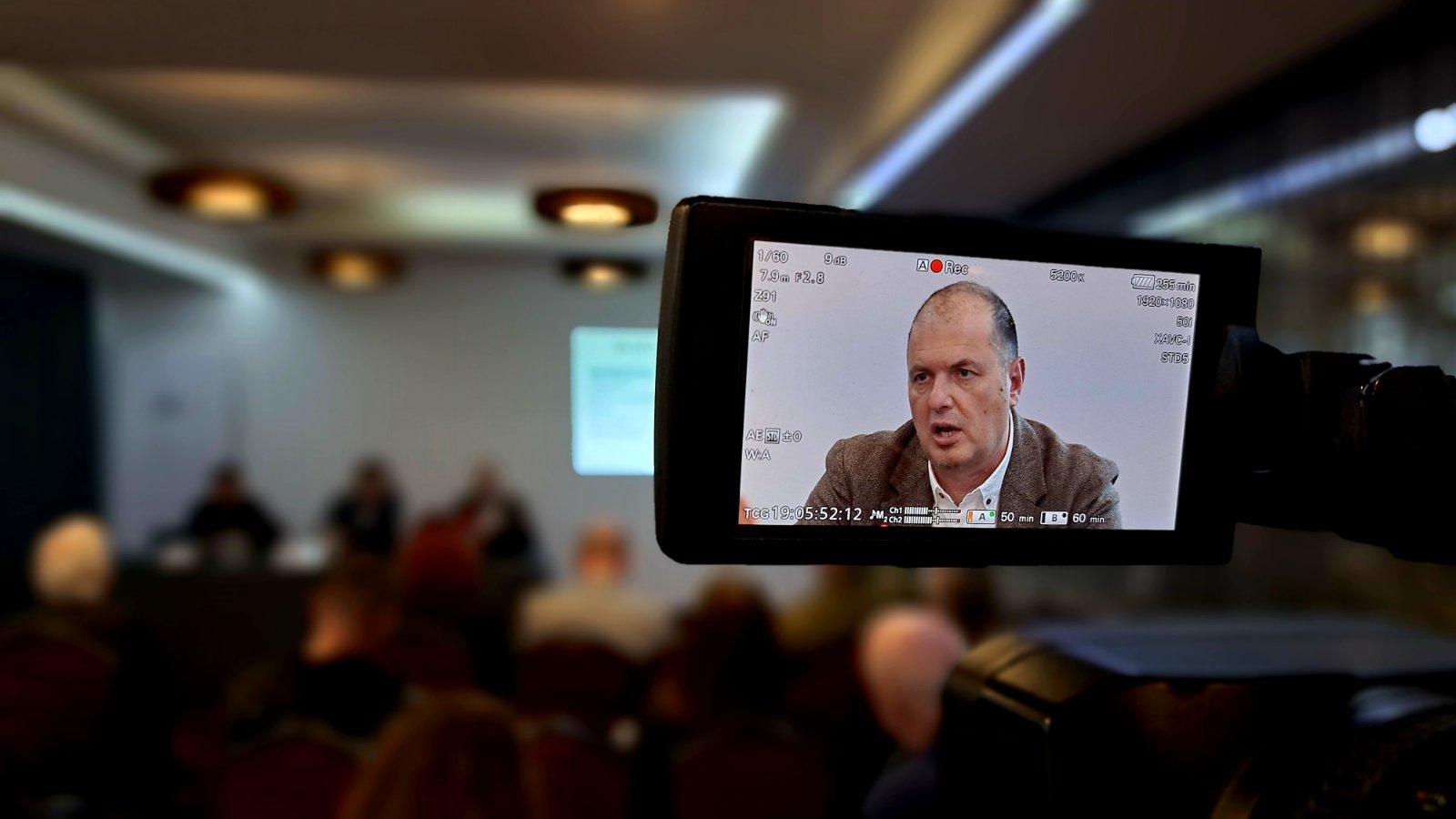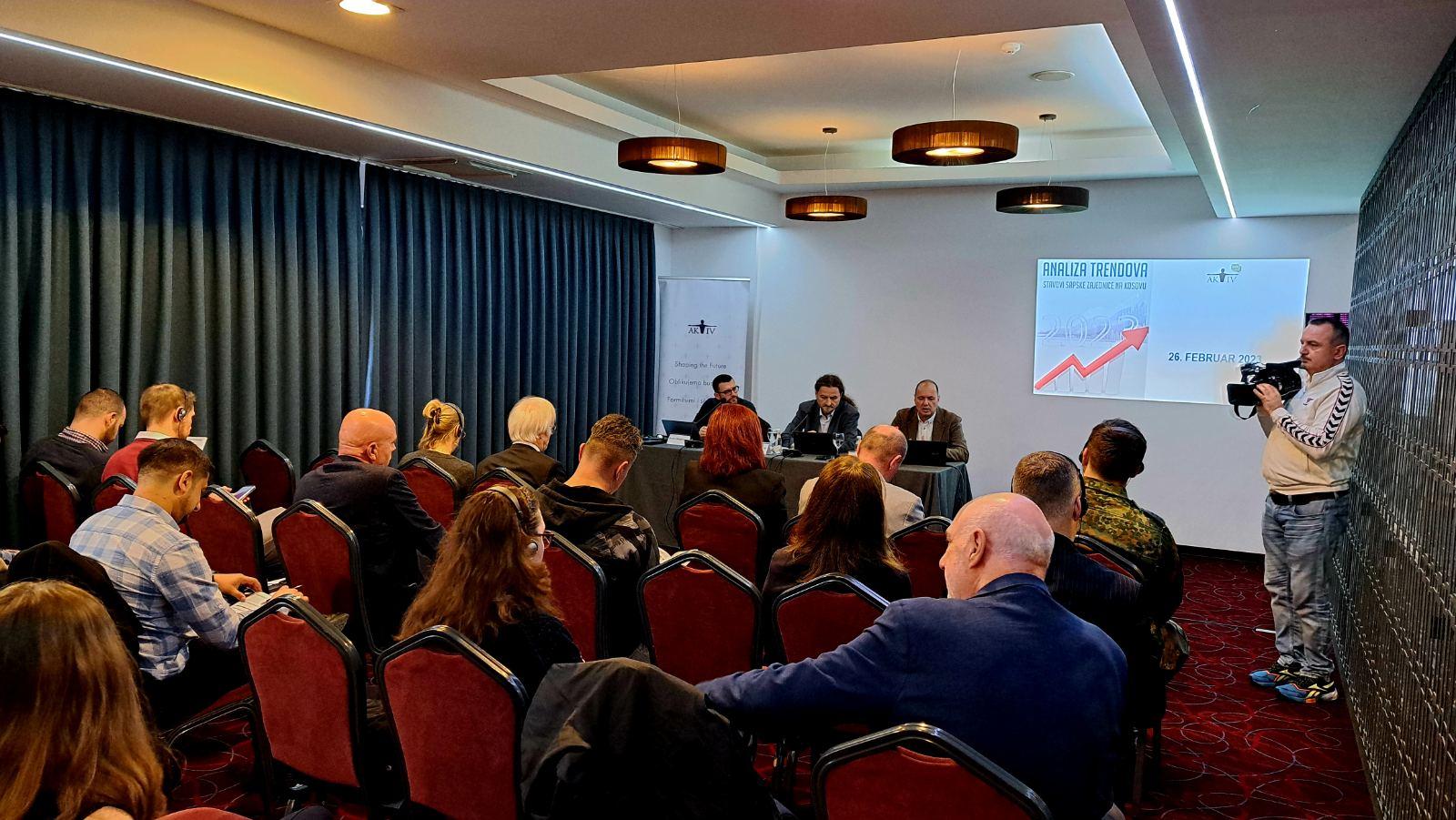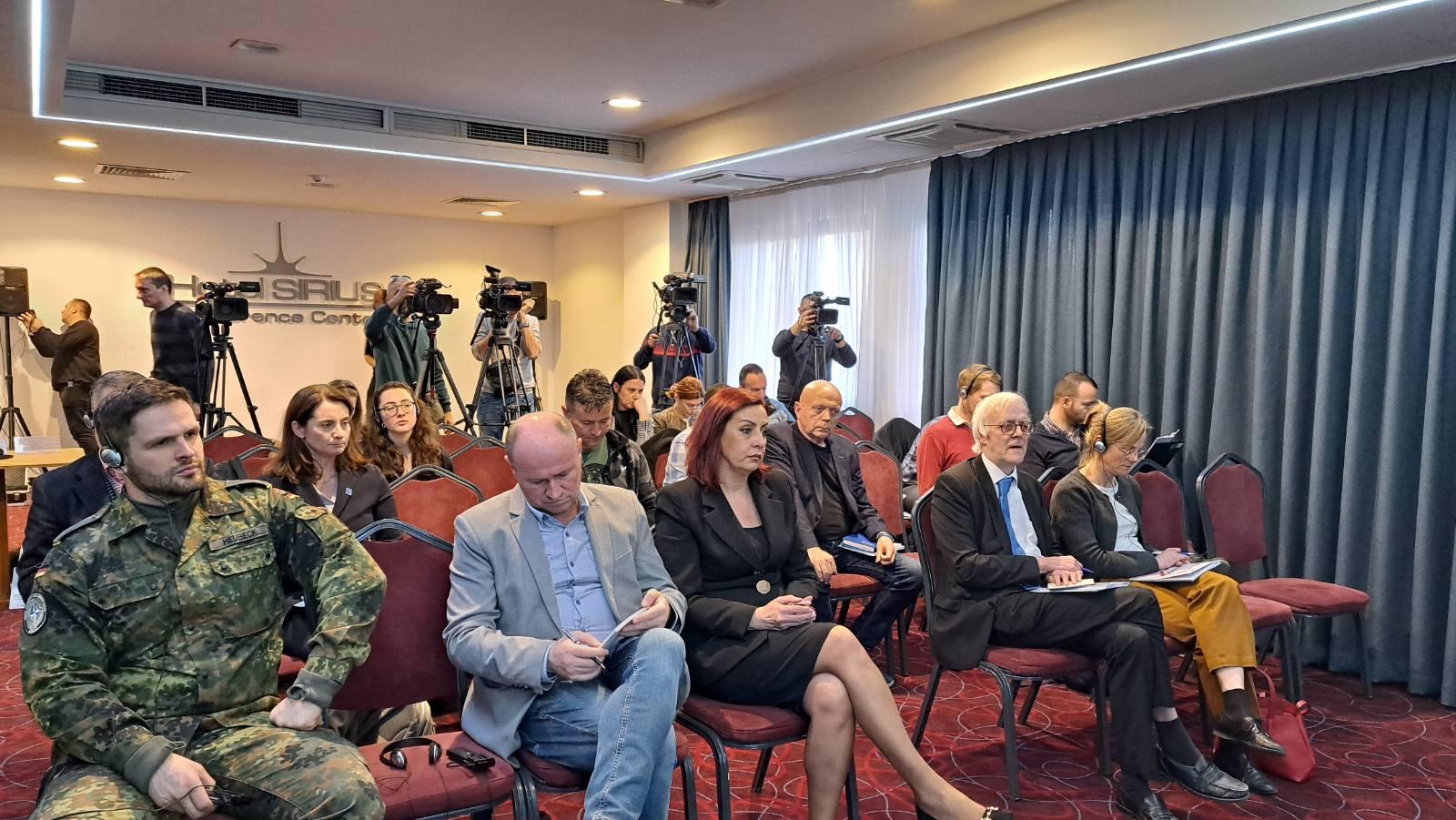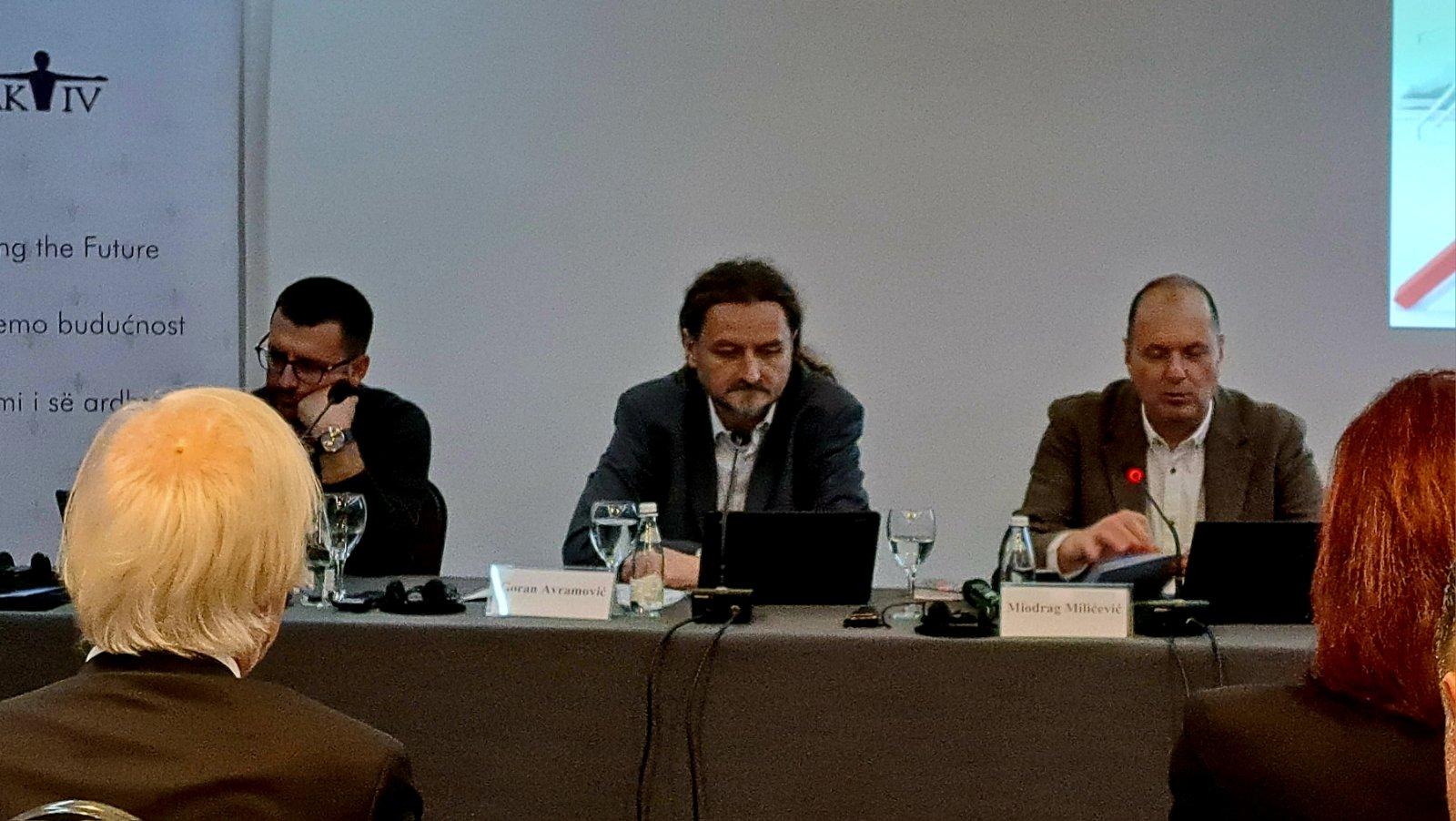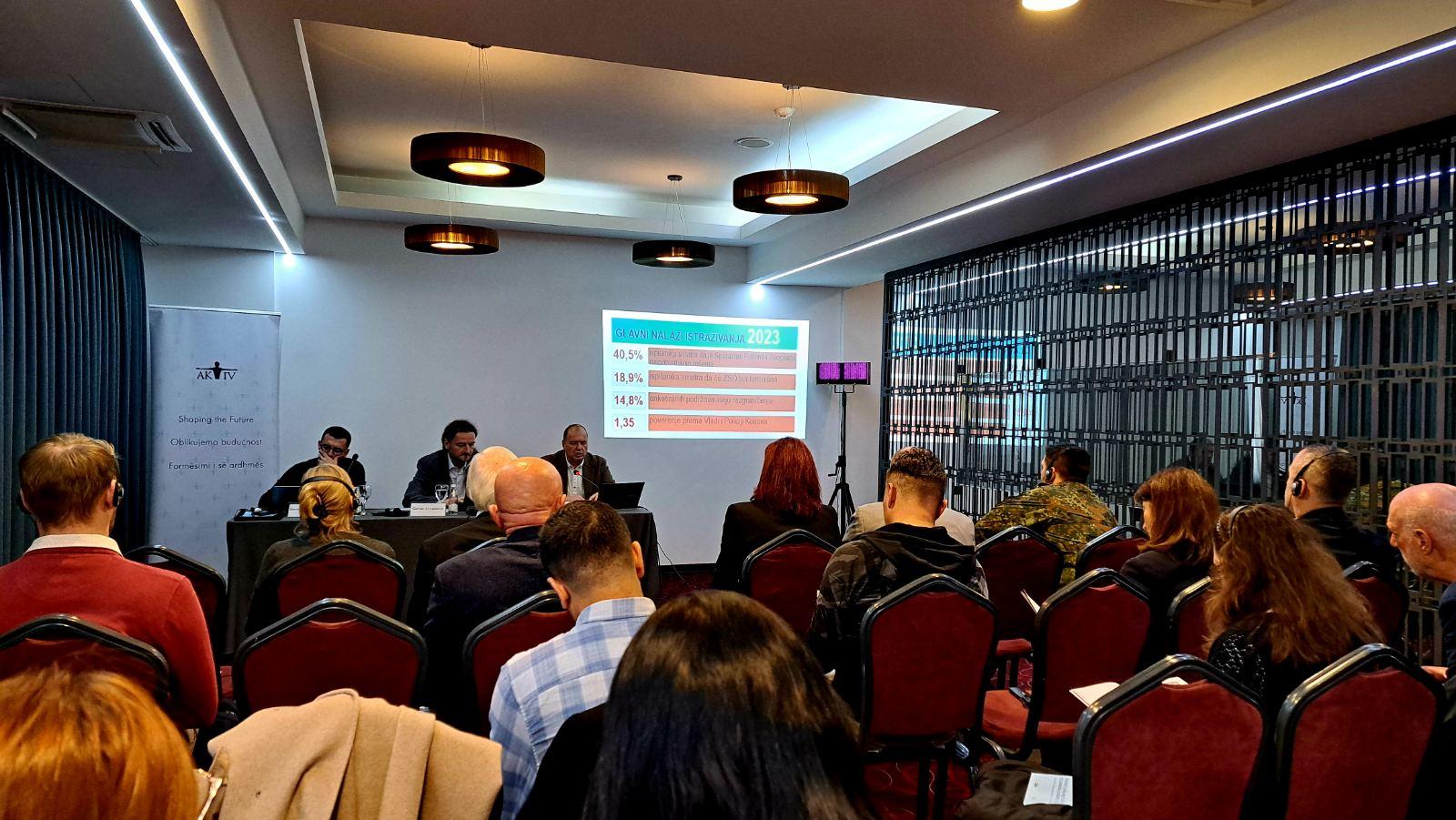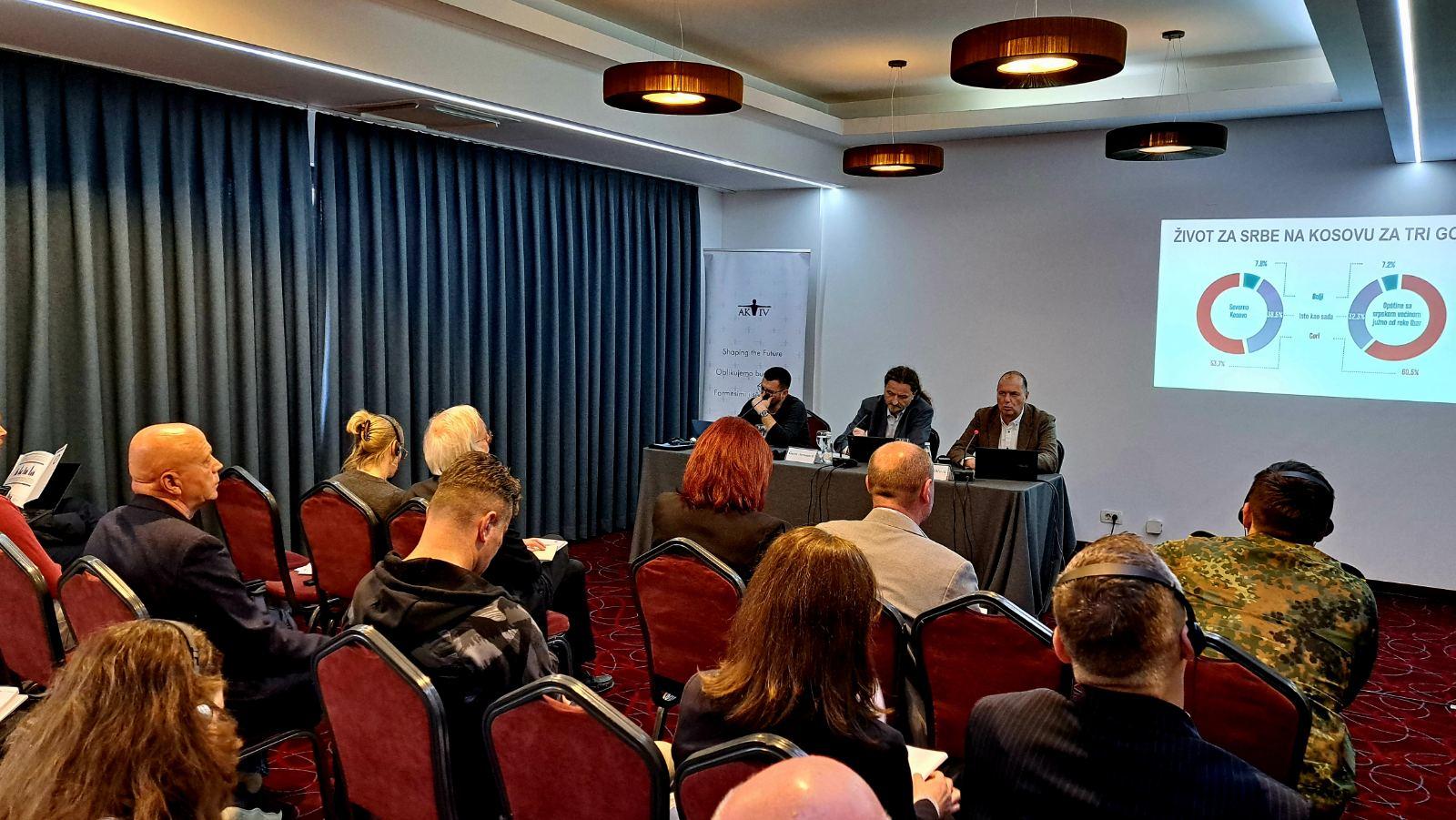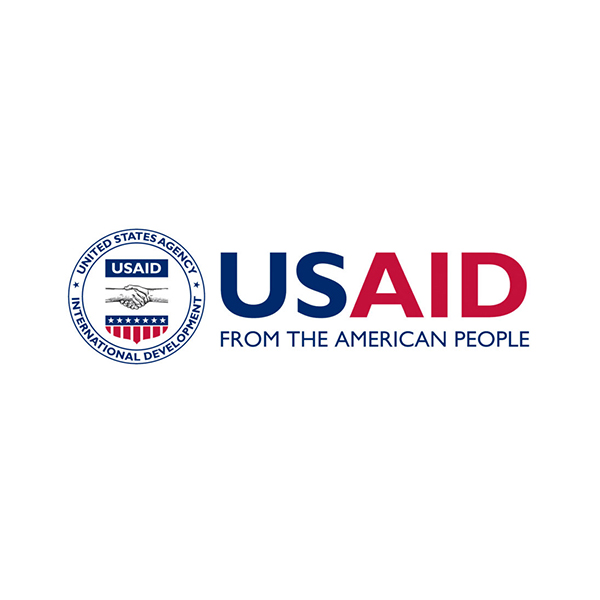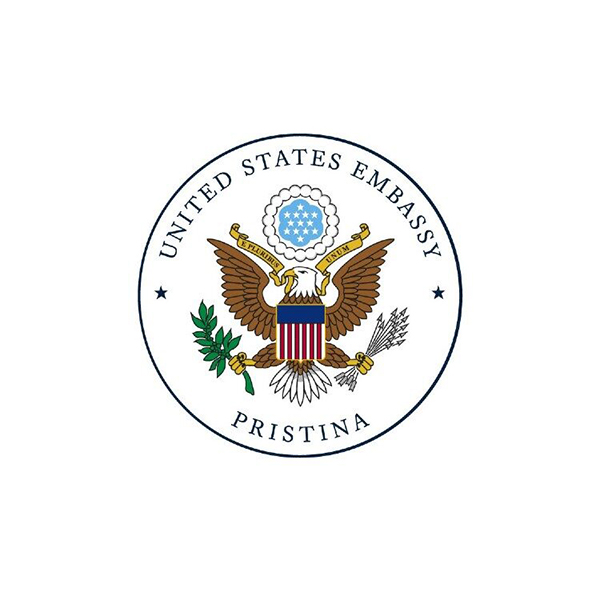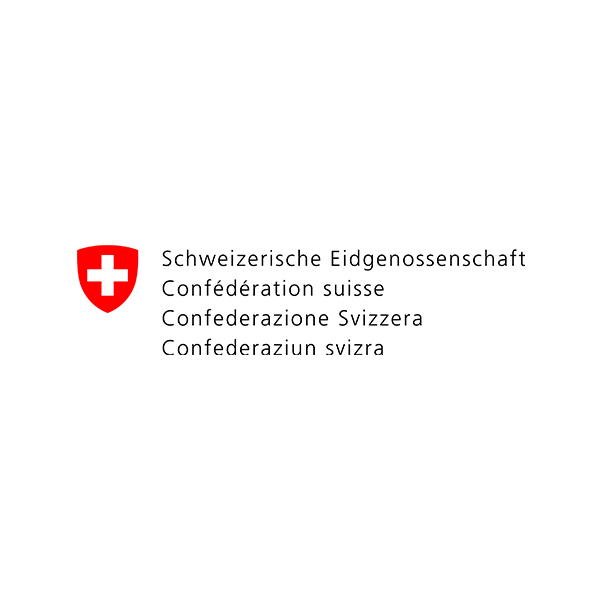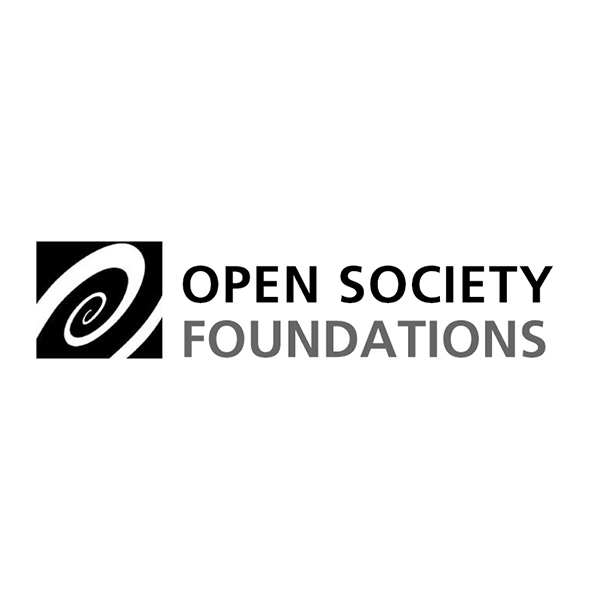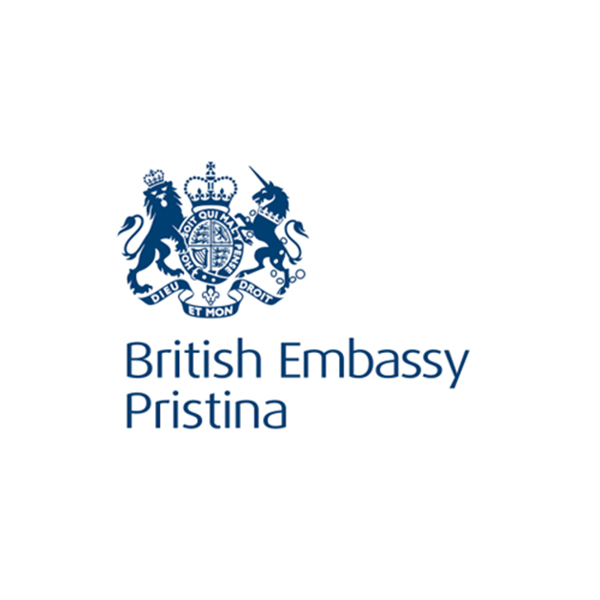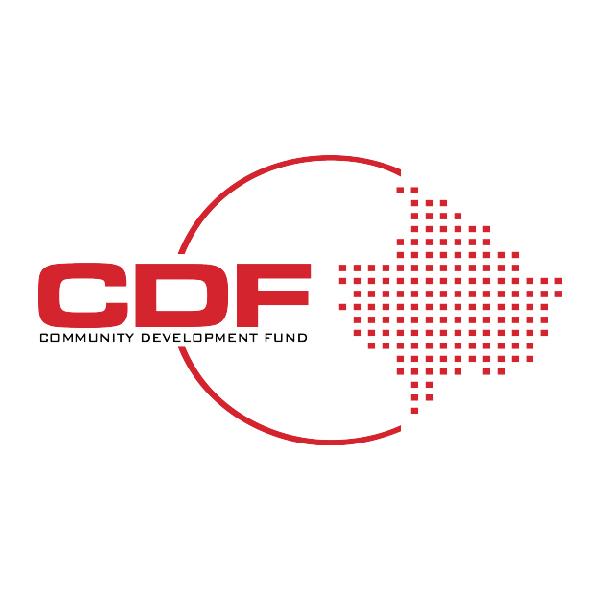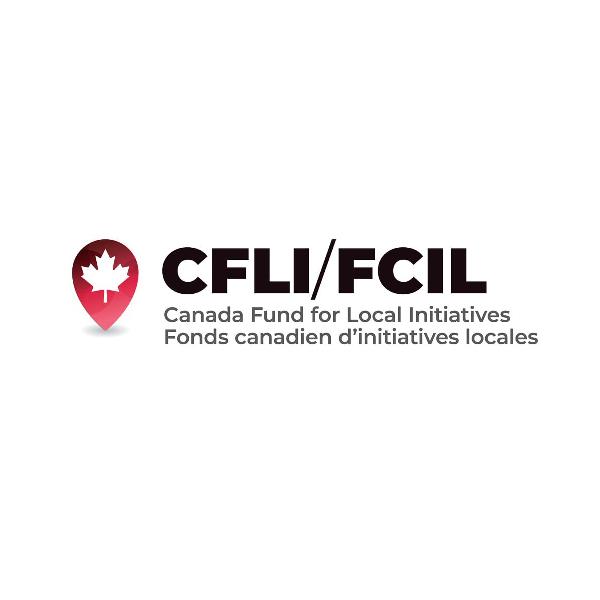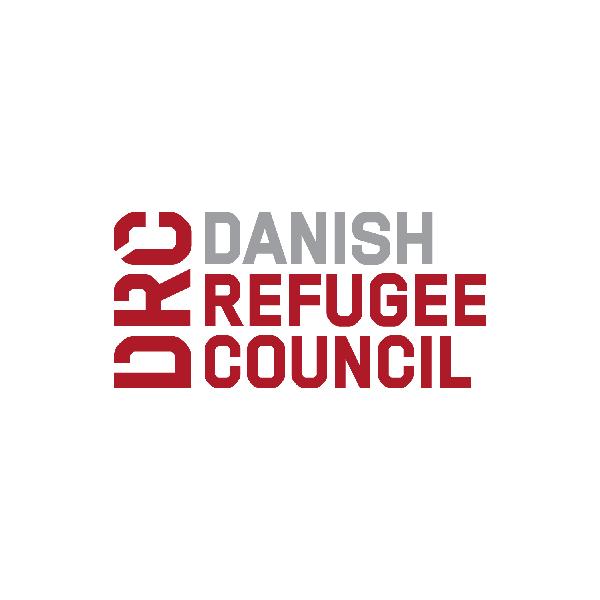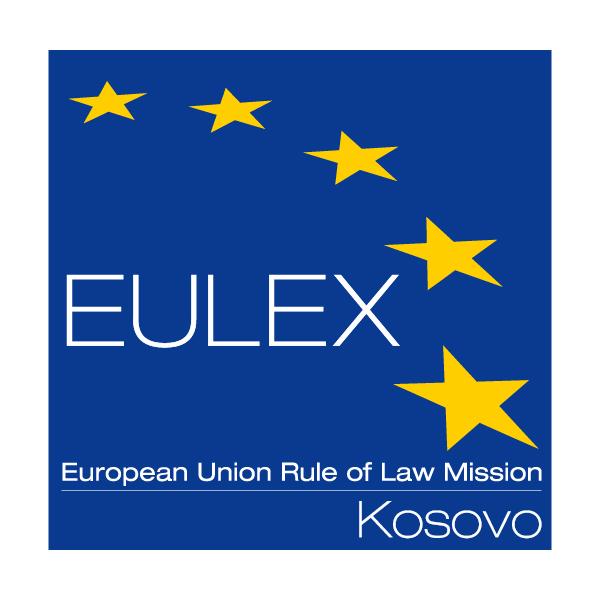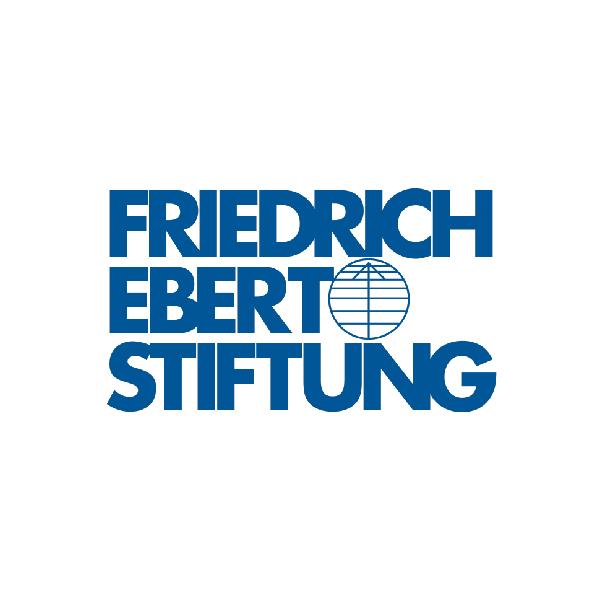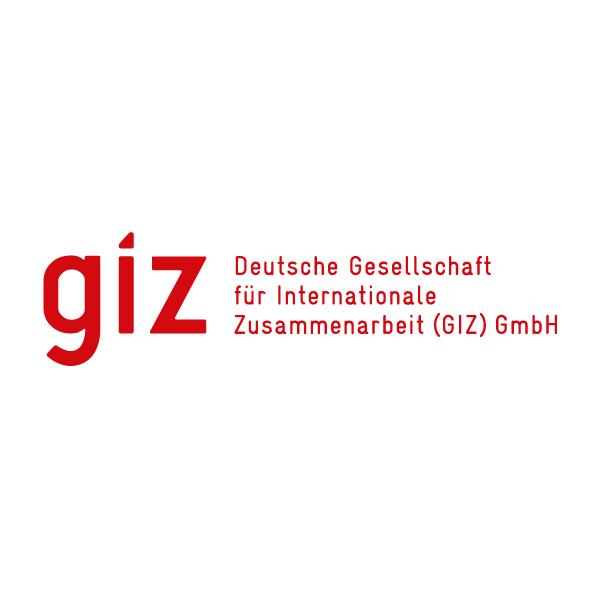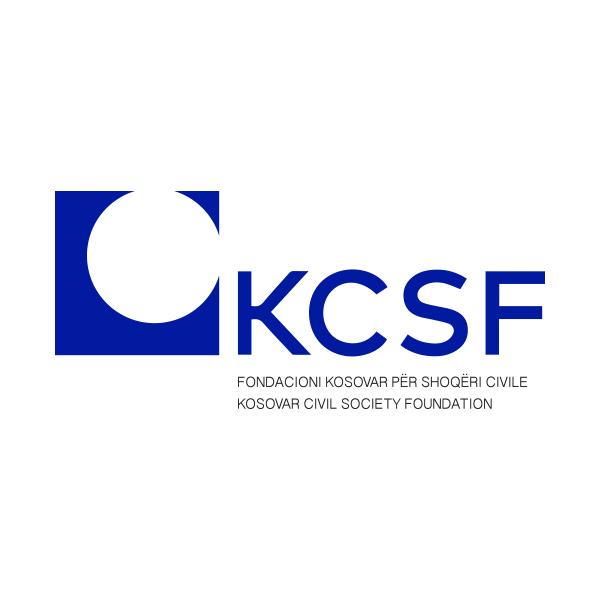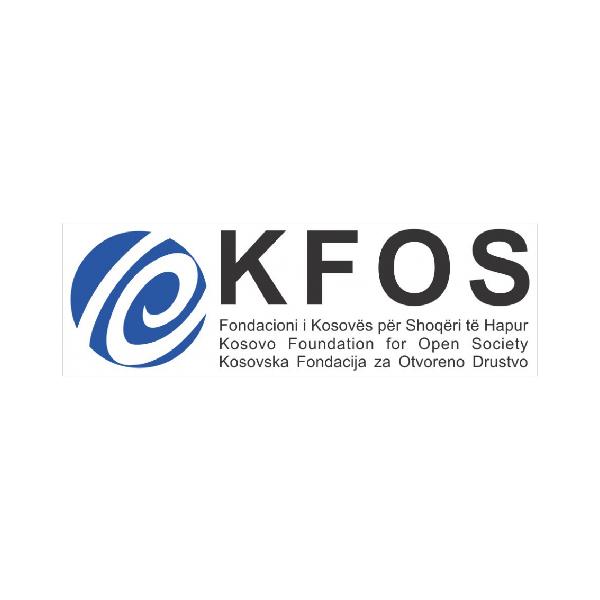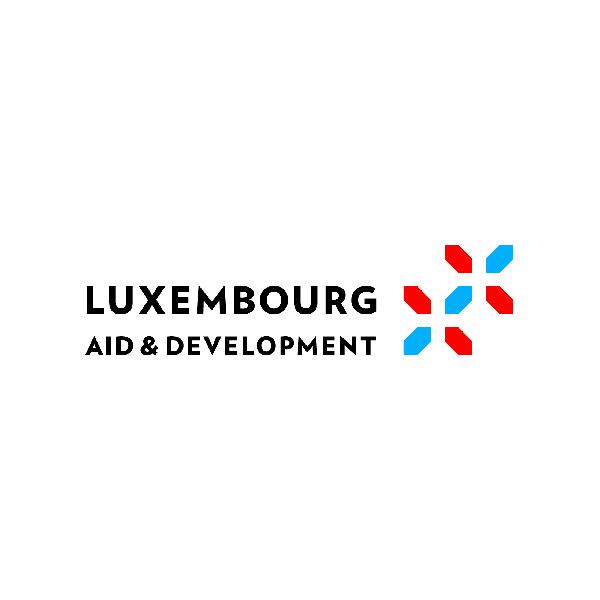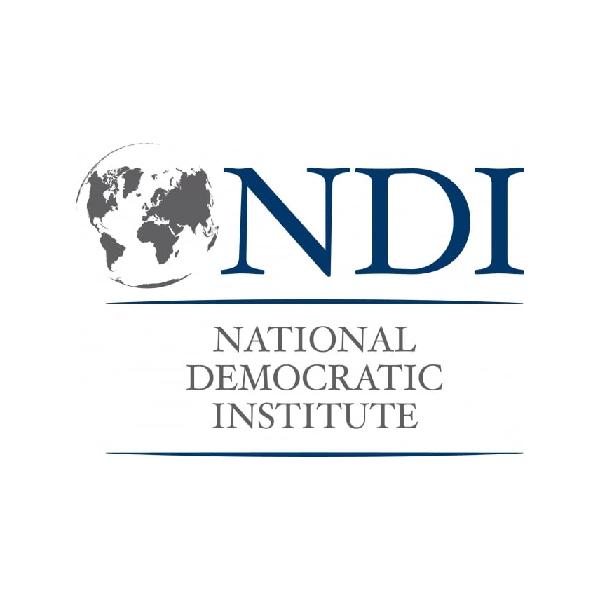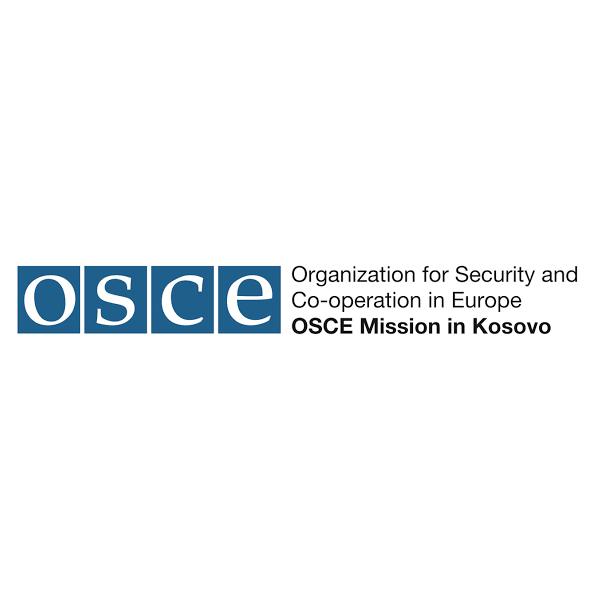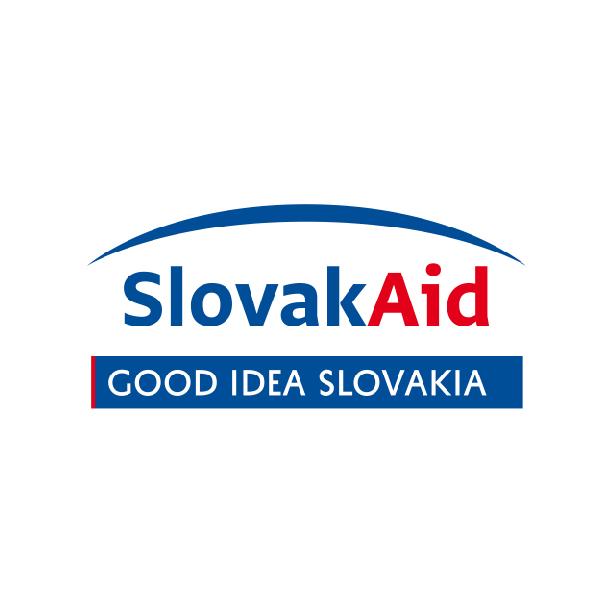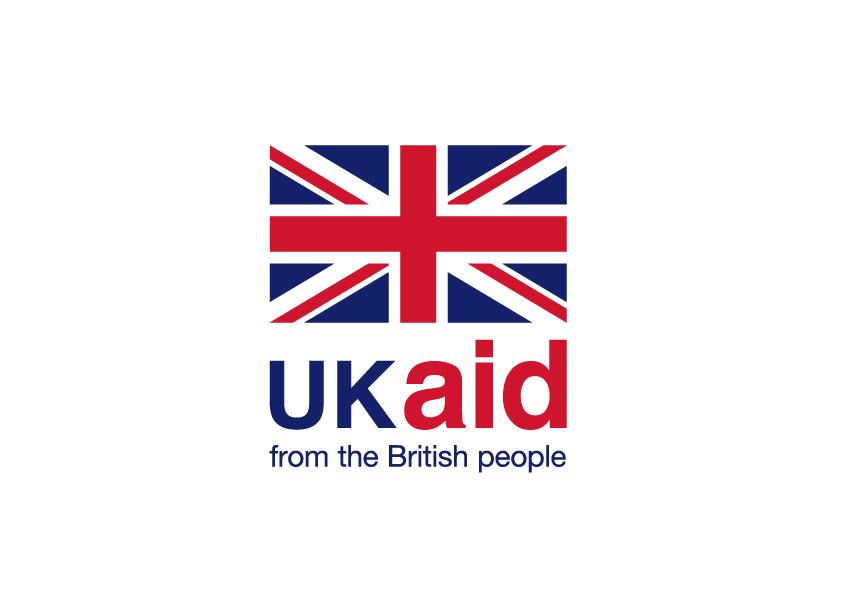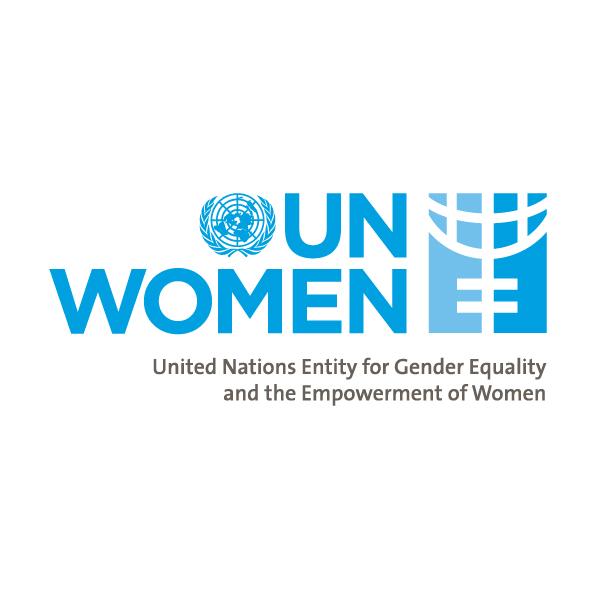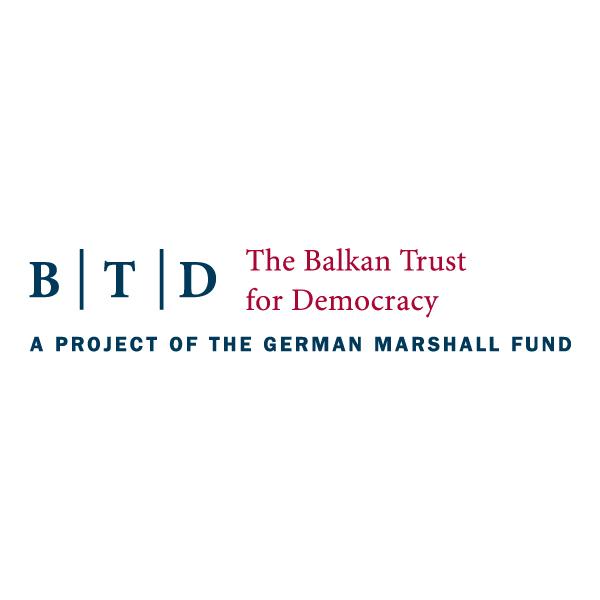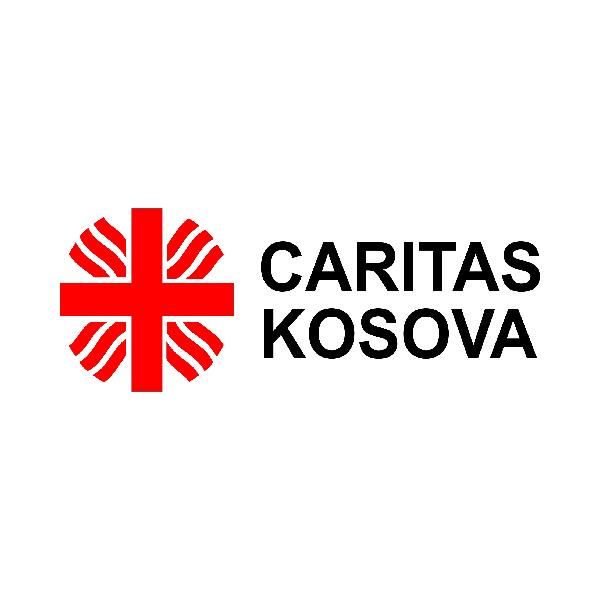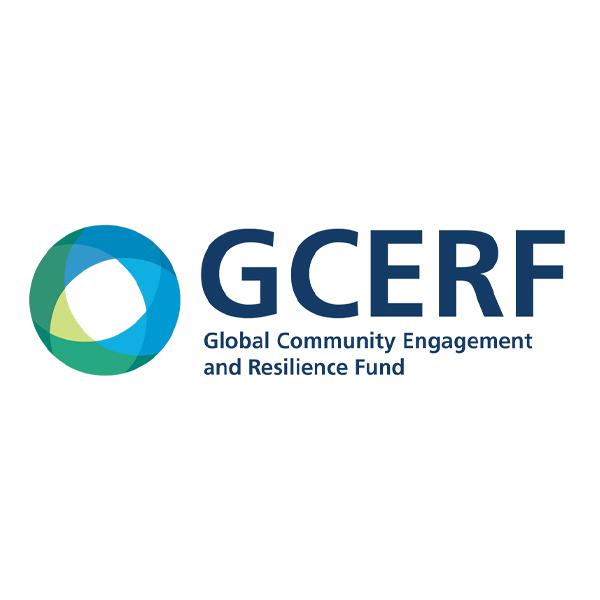On February 26, 2024, the NGO Aktiv presented the publication “Trend Analysis of 2023: Attitudes of Serb Community in Kosovo” in Pristina. It examines changes in attitudes and perceptions among Serbs in Kosovo regarding key socio-political issues.
There is deep concern and significant dissatisfaction among Serbian community members in Kosovo regarding the current political situation. The main finding of the 2023 Trend Analysis indicates a higher degree of pessimism compared to previous years, driven by escalating fears of potential open conflict.
The analysis notes a significant deterioration across all sectors, from inter-ethnic relations to perceptions of the security situation. Heightened fear of conflict and political tension have fostered deep pessimism within the Serbian community, particularly regarding future expectations and overall security.
Events like the failed dialogue between the Kosovo government and Serbs have led to serious concerns, potentially yielding long-term negative consequences for inter-ethnic relations and community cooperation. A growing sense of insecurity and mistrust prevails among the Serbian community, complicating political and social dynamics.
According to Trend Analysis, almost 95.5% of respondents express deep concern about Kosovo’s current situation, believing it is not progressing favorably. Furthermore, 57.1% believe that the quality of life for Serbs in Kosovo will worsen in the next three years.
Identified problems include 69.2% of respondents highlighting political instability as Kosovo’s primary challenge. Notably, 88.9% of respondents from northern Kosovo claim direct threats to themselves or family members.
Regarding trust in political leaders, crucial for survival and prosperity of the community, especially in the post-war societies, the Analysis revealed a record 83.6% of respondents distrusting any politician or political party. Residents of northern Kosovo show particularly low trust in the Government and Kosovo Police.
In terms of international roles, 56.9% believe Russia best defends Serbian interests in Kosovo. Additionally, 40.5% consider forming the Association/Community of Serb majority municipalities in Kosovo as the most acceptable solution. At the same time 14.8% support demarcation.
The Trend Analysis highlights widespread concern over unresolved issues such as the Association/Community of Serb majority municipalities in Kosovo establishment and apathy towards long-term solutions.
Hence, the primary recommendation underscores the need for a fresh and holistic approach to resolving the crisis, centered on safeguarding the rights and enhancing the quality of life for the Serbian community in Kosovo.
“Politicians and decision-makers should view them as motivation for prompt actions to enhance institutional adherence to laws safeguarding the rights of minority communities and uplift their living standards,” the Analysis states.
The publication is supported by the National Endowment for Democracy (NED).
The trend analysis is available in three languages, Serbian, Albanian and English.



